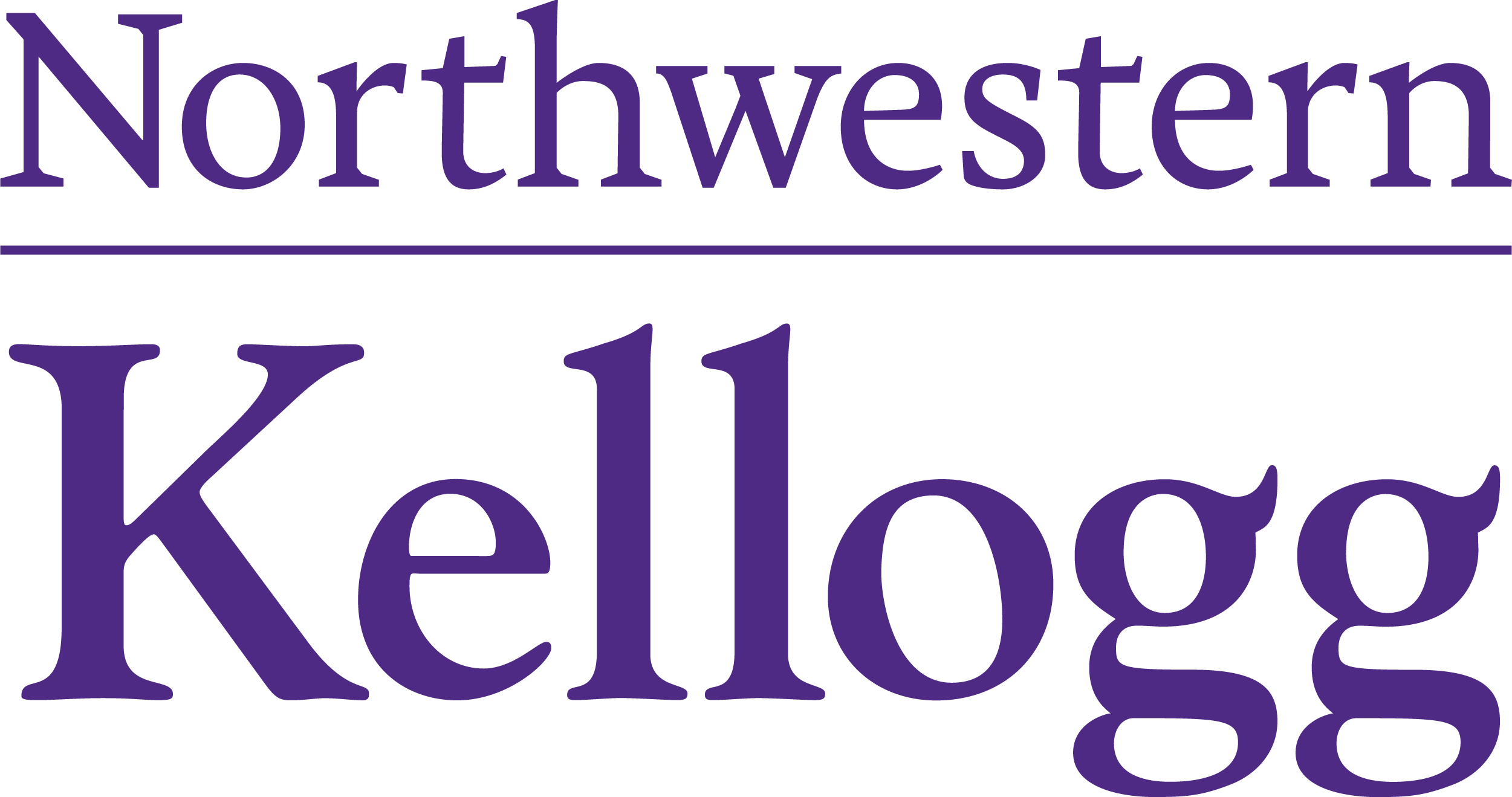2021 Moskowitz Prize at Northwestern University Awarded to Research on the Time Horizons of ESG-investors
Global prize for research in sustainable finance awarded to study on who invests in high-ESG firms

January 11, 2022 /3BL Media/ - From a field of over 175 submitted papers, Corporate ESG Profiles and Investor Horizons was selected as the winner of the 2021 Moskowitz Prize at Northwestern University. The award for high-impact research in sustainable finance was presented to Laura Starks (University of Texas McCombs School of Business), Parth Venkat (University of Alabama Culverhouse School of Business), and Qifei Zhu (Nanyang Business School).
The Moskowitz Prize, now in its 26th year, is awarded annually to a research paper that demonstrates both impeccable empirical work and high potential to influence real-world responsible business and investment practices.
“[The Prize-winning researchers] made a very serious scientific inquiry and have done a great job delivering it,” says Kellogg chair and professor of finance Ravi Jagannathan, one of the Moskowitz Prize judges this year. “The findings suggest that ESG considerations are influencing investment decisions of investors with longer investment horizons. If long-term investors are getting into ESG issues in a big way while making portfolio-choice decisions, that means the trend is here to stay. It is not a passing fad.”
Investing in High-ESG Firms
The Corporate ESG Profiles and Investor Horizons study Starks, Venkat, and Zhu led aimed to understand patterns related to investment in high-ESG firms, or those promoting positive environmental, social, and governance initiatives. As predicted, multiple analyses of investor portfolios found that institutional investors including pension funds, mutual funds, and others with a long-term view were more likely to invest in high-ESG firms than investors with a short-term view. Similarly, longer-horizon investors were more patient with high-ESG firms in the face of poor returns or earnings shortfalls, holding on to the firms’ stock longer than those of low-ESG firms with similar performance.
The paper thus represents good news for ESG-focused firms: they are more likely to be held by long-term investors, which is associated with lower volatility in share price. This trend is also beneficial for society more broadly, because corporate ESG efforts can lead to positive change for people and the environment.
Read the Moskowitz Prize Research Brief to learn more about the methodology, data, results, and practical implications of Corporate ESG Profiles and Investor Horizons.
Support for the Moskowitz Prize
The relevance of the Moskowitz Prize to industry is reflected in its premier sponsors, which this year included six financial institutions led by Bailard, Breckinridge Capital Advisors, the Calvert Institute for Responsible Investing, and Russell Investments.
All are global leaders in sustainable finance practices, and their support for the Moskowitz Prize rewards and motivates the critical academic research informing this field.
More About the Moskowitz Prize at Northwestern University
The Moskowitz Prize is named for Milton Moskowitz (1932-2019), one of the field’s first and most innovative investigators, whose pioneering legacy continues through the Moskowitz Prize. Moskowitz rose to prominence through his ‘100 Best Companies to Work For’ lists, one of the most influential early incentives for responsible corporate governance, and an early examination of the relationship between responsible practices and financial returns.
Judging for the Moskowitz Prize is completed by a panel of some of the world’s most accomplished sustainable finance researchers and practitioners. In 2021, the panel comprised sixteen judges from universities and financial firms from all over the world.
Learn more about the Moskowitz Prize here or sign up to receive future Moskowitz Prize announcements.
More About Northwestern University’s Kellogg School of Management
The Kellogg School of Management is a global business school with a vibrant community of faculty, staff, students and alumni who shape the practice of business and organizations around the world. Kellogg brings a blend of theory and practice to its rigorous academic experience, creating a dynamic research and learning environment. Kellogg’s purpose is to educate, equip and inspire brave leaders who build strong organizations and wisely leverage the power of markets to create lasting value.
Media Contact:
Devin Rapson
Senior Manager of Social Impact
Kellogg School of Management

